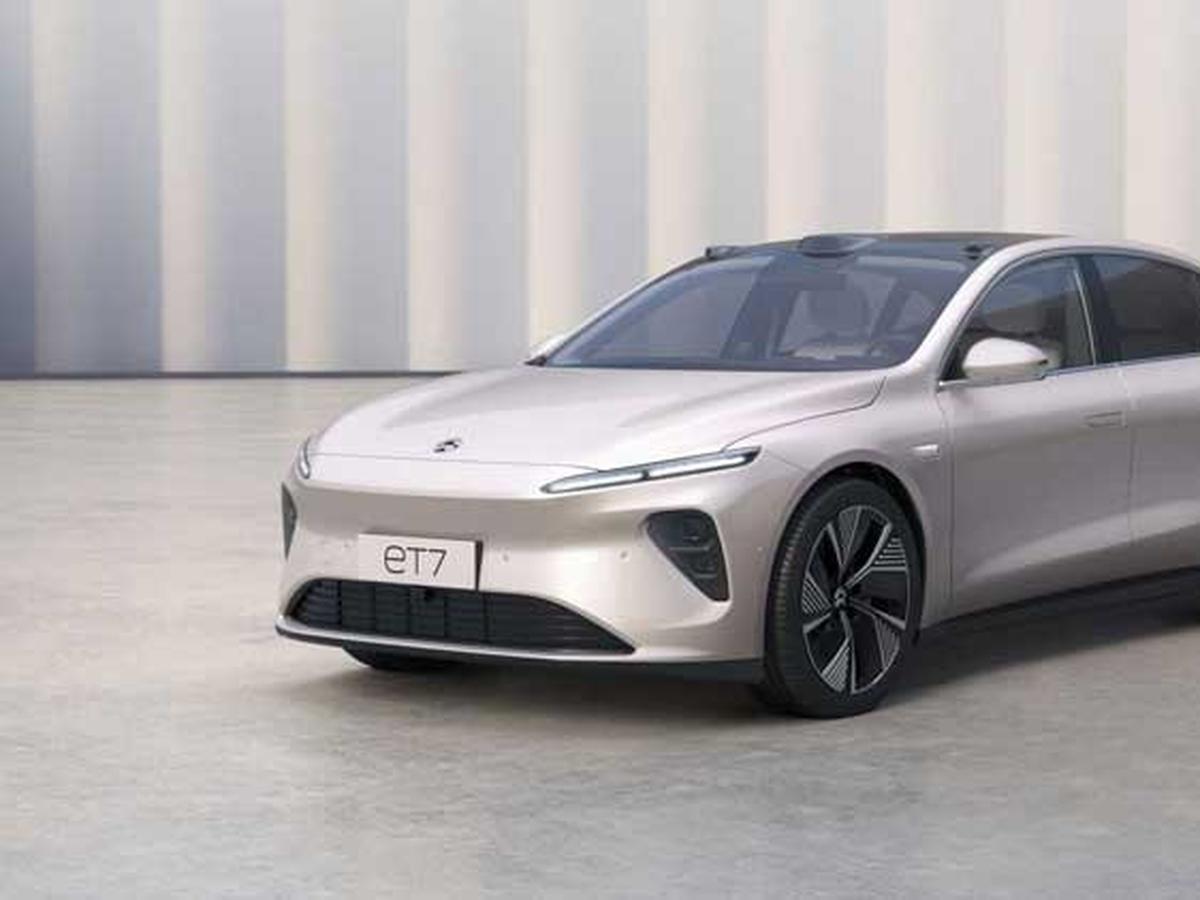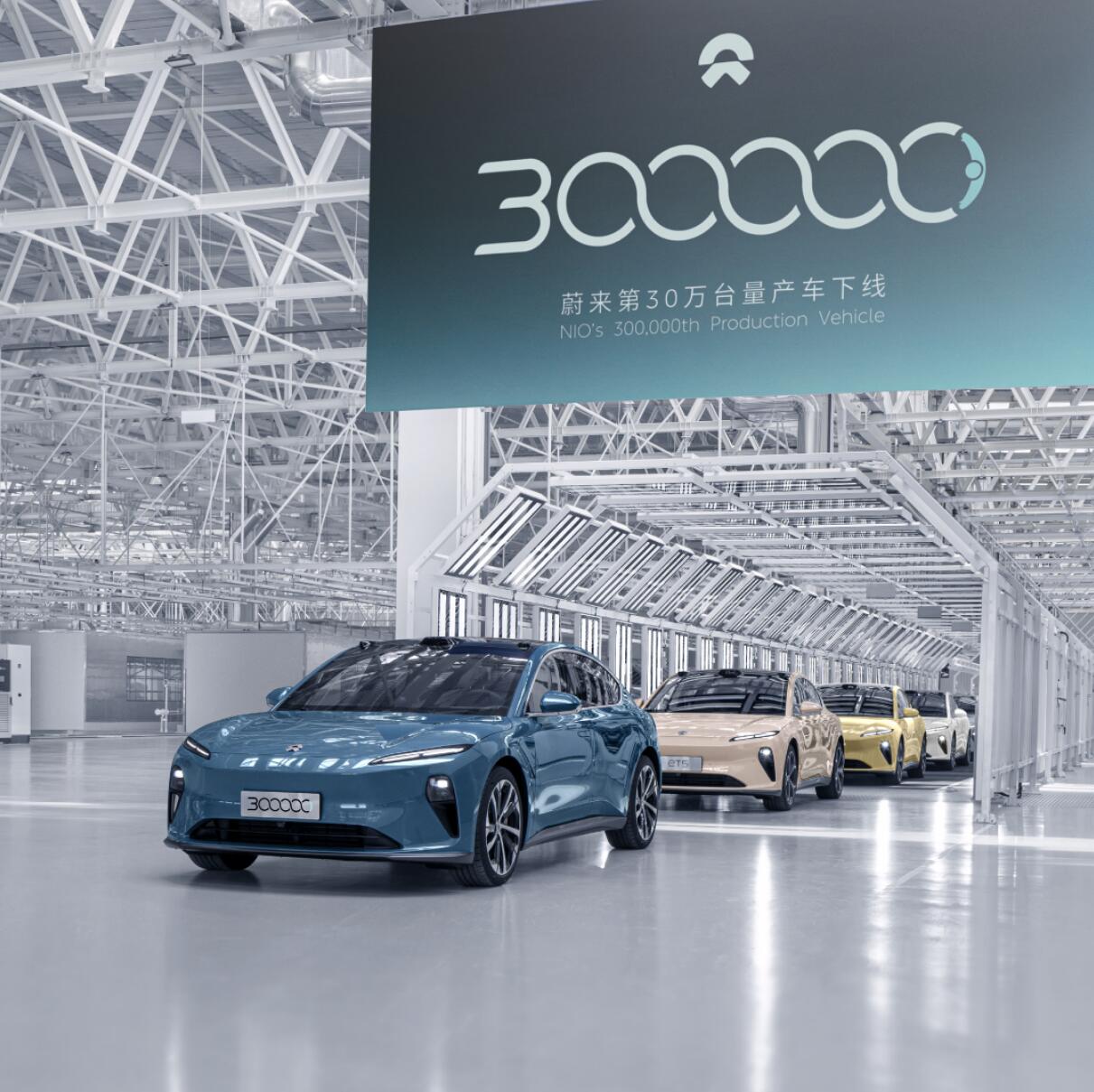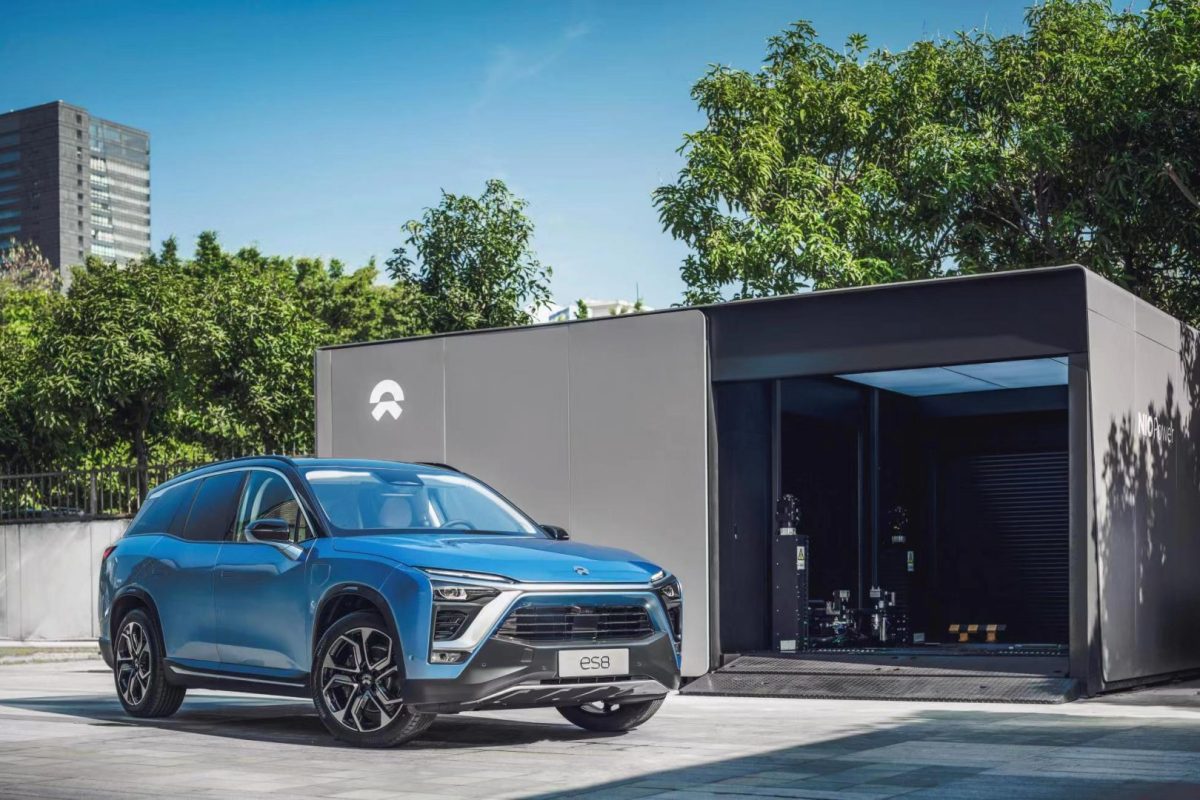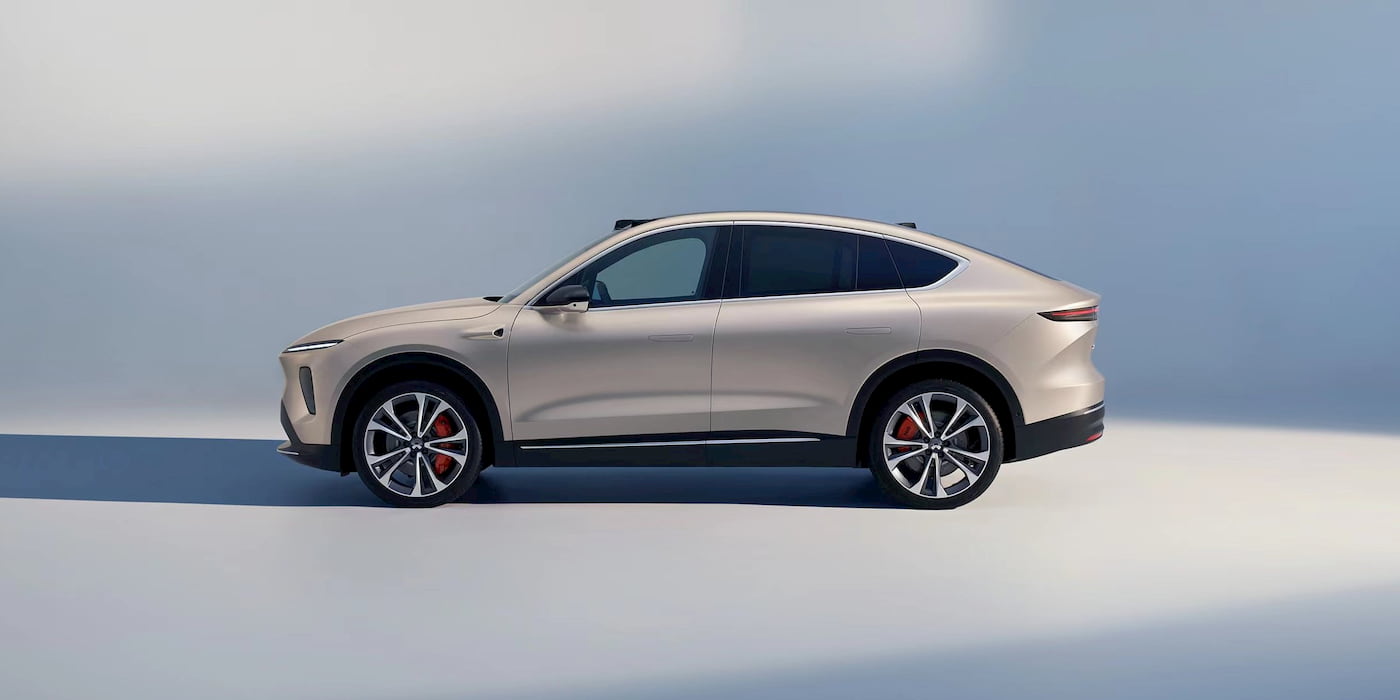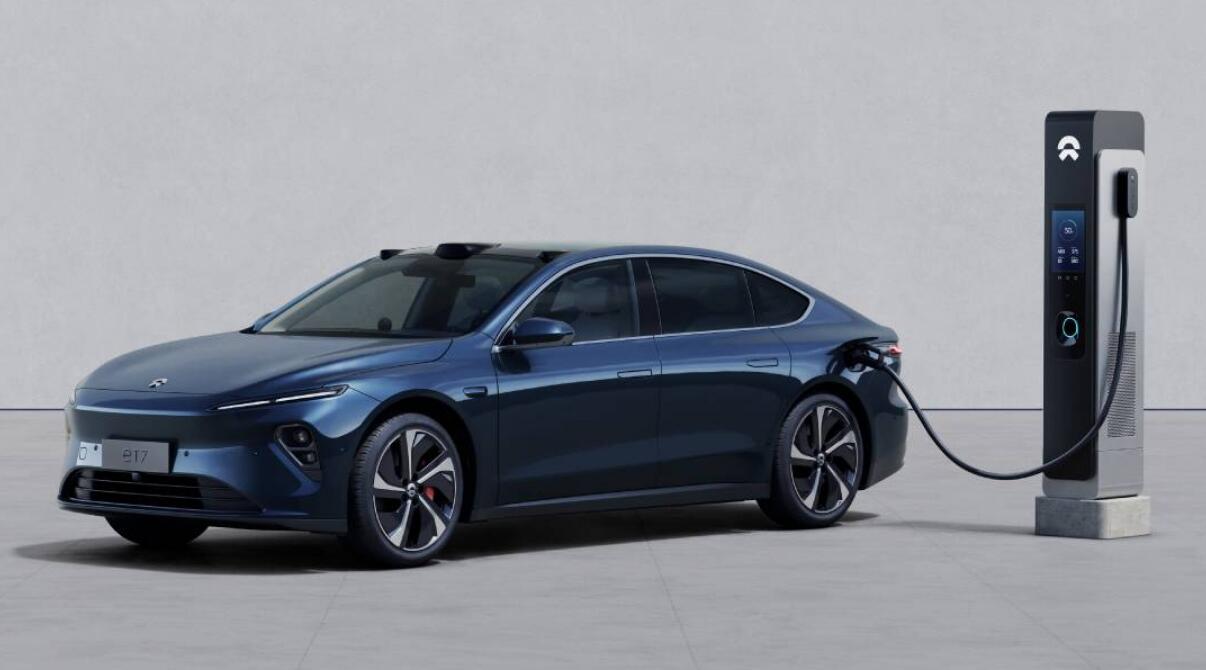NIO and Tencent have entered into a strategic partnership to leverage Tencent’s resources to accelerate the development of autonomous technologies.
Tencent itself is Nio’s largest institutional shareholder with a 9.8% stake, which is the second largest share behind Nio’s founding team with 9.9%.
Tencent and NIO will collaborate in depth in areas including autonomous driving cloud, smart driving map, and digital eco-community to support NIO’s autonomous driving technology development and user experience innovation, the technology giant said.
The agreement signed yesterday between the two companies in Shenzhen explains why Nio’s CEO was present at the opening of the latest Nio House in Dongguang – Tencent’s headquarters is less than an hour’s drive away.
Tencent Cloud will support the massive data storage, computing, and model training needed to take NIO’s self-driving technologies from development to operation.
Tencent Cloud – the dedicated cloud storage arm of the Chinese technology giant – will help Nio build a new hybrid infrastructure for the smart car environment and at the same time Nio will benefit from having one of the most stable and reliable open platform services available.
Tencent will help NIO further harness the value of data and accelerate R&D and autonomous driving applications.
Tencent Cloud can support EB NIO-scale autonomous driving data storage with QPS access efficiency of up to 100W at trillions of file sizes. This will significantly reduce algorithm development TCO (total cost of ownership) and improve R&D efficiency, Tencent said.
Tencent said it will provide capabilities, including intelligent driving maps, to help NIO create a convincing and enjoyable pilot-assisted driving experience.
In particular, Tencent will help NIO achieve a human-vehicle co-driving experience that integrates standard navigation and high-precision navigation seamlessly through a map data system that includes standard maps, lane-level maps, and high-precision maps.
The two sides are also exploring intelligent service networks based on location services and Internet ecology, such as next-generation power-up map navigation, which can intelligently plan recharging plans for vehicle owners based on real-time span conditions.


